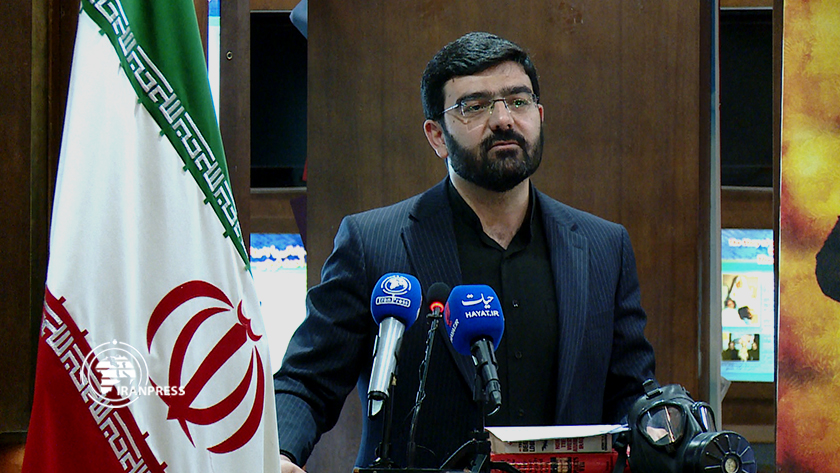AhlulBayt News Agency (ABNA): In a determined effort to seek justice and compensation for the victims of chemical attacks during the Holy Defense era, a significant meeting was convened at the Tehran Peace Museum to review the lawsuits of Iranian victims of chemical weapons at the Hague Court.
During the meeting, Asgari, representing the Center for International Legal Affairs of the Presidency, underlined Iran's resolve to hold the perpetrators of these heinous acts accountable in the Hague Tribunal. The chemical attacks by Iraq on Iran's borders started as experimental strikes at the beginning of the war, escalated to limited attacks during the conflict, and tragically culminated in large-scale assaults. During the war, both military and civilian areas were affected by the devastating effects of chemical attacks.
It has been reported that some countries in the West, such as the United States, provided support to Saddam's Baathist government during the Holy Defense era. Additionally, it has been revealed that various countries, including the Netherlands, may have supplied Iraq with chemical and nuclear armaments.
Mohammad Yazdani, Deputy Advisor for Legal Affairs of Iran's Martyrs Foundation, echoed the nation's commitment to pursuing justice for the chemical attack victims on the international stage. As per their records, approximately 70,000 injured individuals are registered in their systems, excluding those still awaiting verification and coverage. Tragically, nearly 10,000 people among them have already lost their lives, underscoring the scale of the devastating impact. Such oppression remains unprecedented in history.
Last month, one notable case recently heard at the Hague Court involved five chemical veterans from the Holy Defense era. The lawsuit was filed on behalf of these individuals by a Dutch lawyer, targeting two Dutch companies named KBS and Melchemi, along with Hans Melchers, the founder of Melchemi. The complaint alleges that these companies supplied Iraq with significant amounts of SOCL2 and TDG, substances instrumental in the production of chemical bombs used by the Saddam regime.
The heart of the case centers on seeking compensation for the material and moral damages suffered by the plaintiffs due to chemical gas injuries from the materials sent by the defendant companies during the Iraq-Iran war. The assessment of these damages will be carried out under the guidance of an expert.
Notably, this is not the first instance of Iran seeking justice for chemical attack victims in foreign courts. In 2004, a lawsuit was filed against Dutch businessman Frans van Anrath by 13 chemical war victims, ultimately resulting in a 17-year prison sentence for him and a payment of 25,000 euros to each of the plaintiffs for the damages they endured.
As Iran tenaciously presses forward with its pursuit of justice and restitution, the nation seeks to uphold the rights of those who suffered irreparable harm from these insidious attacks. The efforts to shed light on the past atrocities and bring accountability to the responsible parties remain an ardent priority on the international stage.
.......................
End/ 257

